- By Gabriel Neal

When my brother and I were kids back in the ‘80s, we loved going to Long John Silver’s. But it wasn’t just for the fish. It was for the vinegar – malt vinegar. We would uncap a bottle at the table and swig that tangy, delicious nectar of the gods straight.
- By Marla Paul
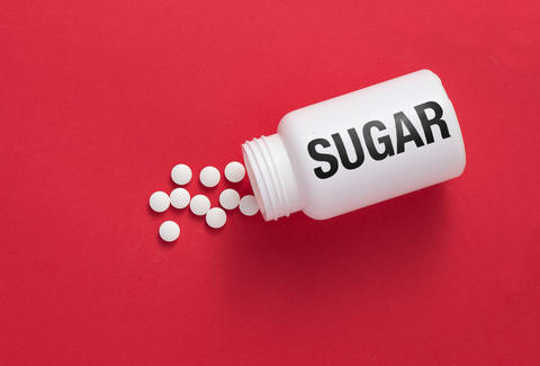 Researchers have developed a way to reliably predict which chronic pain patients will respond to a sugar placebo pill based on brain anatomy and psychological characteristics. Doctors may one day prescribe placebos that work as effectively as any painkiller for certain patients, the researchers’ new study suggests
Researchers have developed a way to reliably predict which chronic pain patients will respond to a sugar placebo pill based on brain anatomy and psychological characteristics. Doctors may one day prescribe placebos that work as effectively as any painkiller for certain patients, the researchers’ new study suggests
- By John McNeil
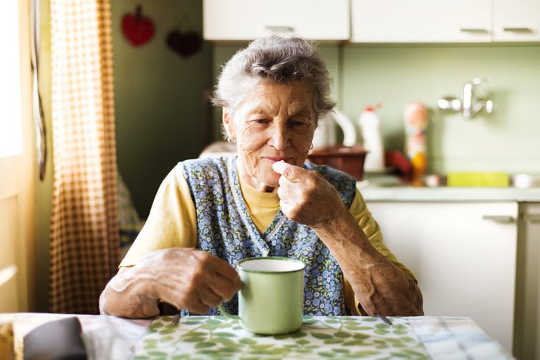
Taking low-dose aspirin daily doesn’t preserve good health or delay the onset of disability or dementia in healthy older people. This was one finding from our seven-year study that included more than 19,000 older people from Australia and the US.
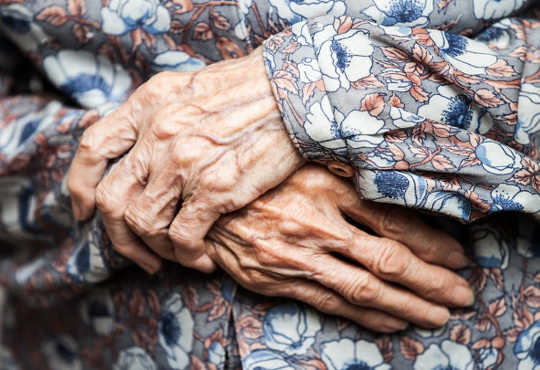
While the ageing of society has become one of the givens in today’s world, less is made of the lived experience of the very elderly in society.
 Researchers have discovered evidence of the earliest brewmasters to date, a finding that might stir an old debate: What came first, beer or bread? In a cave in what is now Israel, scientists found beer-brewing innovations that they believe predate the early appearance of cultivated cereals in the Near East by several millennia.
Researchers have discovered evidence of the earliest brewmasters to date, a finding that might stir an old debate: What came first, beer or bread? In a cave in what is now Israel, scientists found beer-brewing innovations that they believe predate the early appearance of cultivated cereals in the Near East by several millennia.
- By Natalie Wood
 Two of every three US consumers surveyed report eating less of at least one type of meat, according to new research. “Many Americans continue to have strong preferences for meat,” says Roni Neff, an assistant professor of environmental health and engineering at Johns Hopkins University.
Two of every three US consumers surveyed report eating less of at least one type of meat, according to new research. “Many Americans continue to have strong preferences for meat,” says Roni Neff, an assistant professor of environmental health and engineering at Johns Hopkins University.

Imagine you tell your 55 year-old mom you’re going to get married and she’s too disorganized to help you with the wedding preparations. Or you put your kids on the bus to elementary school and the 57 year-old driver forgets the route. These are real scenarios, drawn from my clinical work with patients who have young-onset Alzheimer’s disease.
- By Duane Mellor
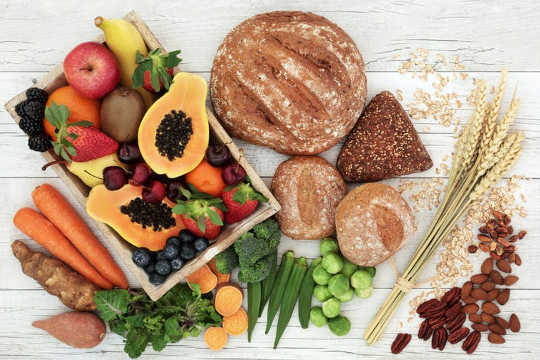
It isn’t surprising that people are confused about nutrition when the media presents different findings as gladiatorial battles: vegetarian versus carnivore, high-fat versus low-fat diets and, more recently, low-carb diets versus high-carb. But, when you dig down into the data, many of these studies are reporting surprisingly similar things – and this is the case with the latest studies reporting on carbohydrates and health.
- By Robert Shaw

Night has always been a difficult realm for humans: we’ve had to learn to cope with the cold and the dark to thrive in it. Since the industrial revolution we’ve found ways to adapt our homes and cities to operate during the night. But as our conquest of the dark continues, the border between night and day is becoming increasingly blurry.

The credibility of scientific findings hinges on their reproducibility. As a scientist, it is therefore disastrous when you are unable to replicate your own findings. Our laboratory has found itself in just this situation several times; in each instance, unintended environmental exposure distorted our data. Our first accidental foray into toxicology 20 years ago convinced us of the need to understand the reproductive effects of environmental chemical contaminants. The latest twist in our journey down that road adds a new dimension to an old concern, BPA.
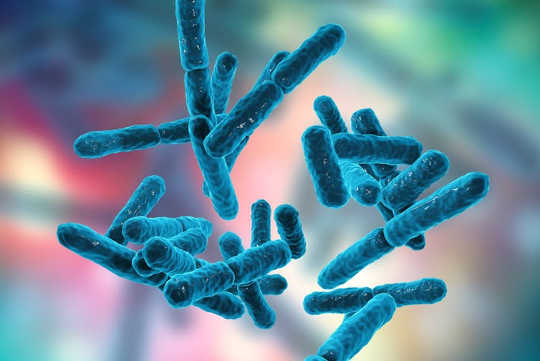
The link between gut microbes and health is now well established. As a result, researchers have been investigating the effects of probiotics, prebiotics and synbiotics on various diseases.
- By Tani Khara

India has a reputation as a vegetarian nation, and Indians certainly consume far less meat than the global average. But the view of India as a predominantly vegetarian nation may not be quite accurate.
- By David Hill
 Walking significantly lowers the risk of heart failure in older women, a new study shows. The study of more than 137,000 postmenopausal women aged 50 to 79 is the largest and most comprehensive to date that has evaluated physical activity within the context of heart failure prevention.
Walking significantly lowers the risk of heart failure in older women, a new study shows. The study of more than 137,000 postmenopausal women aged 50 to 79 is the largest and most comprehensive to date that has evaluated physical activity within the context of heart failure prevention.
- By Loes van Dam
 The sensation of sound occurs when the vibrations from sounds enter our ear and cause little hairlike structures – called hair cells – within our inner ear to move back and forth. The hair cells transform this movement into an electrical signal that the brain can use.
The sensation of sound occurs when the vibrations from sounds enter our ear and cause little hairlike structures – called hair cells – within our inner ear to move back and forth. The hair cells transform this movement into an electrical signal that the brain can use.
 Suicide rates in the United States have increased by 25-30 percent since 1999. This is particularly true for youth ages 12-24, with increases of approximately 30 percent over the same period. In Alachua County, Florida, where I teach and practice at the University of Florida, the base rate for suicides among youth ages 12-17 had been about five per 100,000 for many years, below the base national rate of 13 per 100,000. However, in the year 2017 that rate of completed suicides increased to 27 per 100,000, and for 2018 we are at a pace that will likely equal 2017.
Suicide rates in the United States have increased by 25-30 percent since 1999. This is particularly true for youth ages 12-24, with increases of approximately 30 percent over the same period. In Alachua County, Florida, where I teach and practice at the University of Florida, the base rate for suicides among youth ages 12-17 had been about five per 100,000 for many years, below the base national rate of 13 per 100,000. However, in the year 2017 that rate of completed suicides increased to 27 per 100,000, and for 2018 we are at a pace that will likely equal 2017.

Ever been in a situation where passing wind is going to be hugely embarrassing and you’ve had to hold in a fart? Let’s face it – we all have. Trying to hold it in leads to a build up of pressure and major discomfort. A build up of intestinal gas can trigger abdominal distension, with some gas reabsorbed into the circulation and exhaled in your breath. Holding on too long means the build up of intestinal gas will eventually escape via an uncontrollable fart.
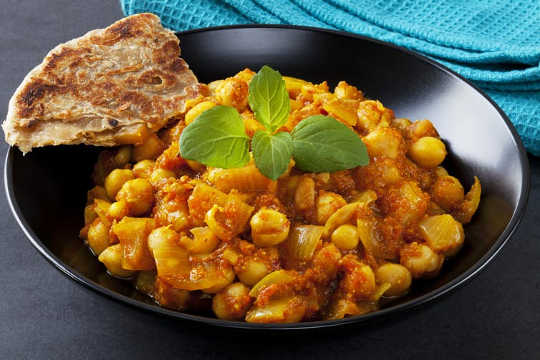
The idea that healthy food costs more than junk food is something I hear a lot. Students tell me they’d like to eat better but can’t afford to. There is a strong belief that cooking from scratch costs a fortune, and with takeaway meals priced as low as £1, they have little incentive to change their behaviour.
 Your body’s internal clock – the circadian rhythm – regulates an enormous variety of processes: when you sleep and wake, when you’re hungry, when you’re most productive. Given its palpable effect on so much of our lives, it’s not surprising that it has an enormous impact on our health as well. Researchers have linked circadian health to the risk of diabetes, cardiovascular disease and neurodegeneration. It’s also known that the timing of meals and medicines can influence how they’re metabolized.
Your body’s internal clock – the circadian rhythm – regulates an enormous variety of processes: when you sleep and wake, when you’re hungry, when you’re most productive. Given its palpable effect on so much of our lives, it’s not surprising that it has an enormous impact on our health as well. Researchers have linked circadian health to the risk of diabetes, cardiovascular disease and neurodegeneration. It’s also known that the timing of meals and medicines can influence how they’re metabolized.
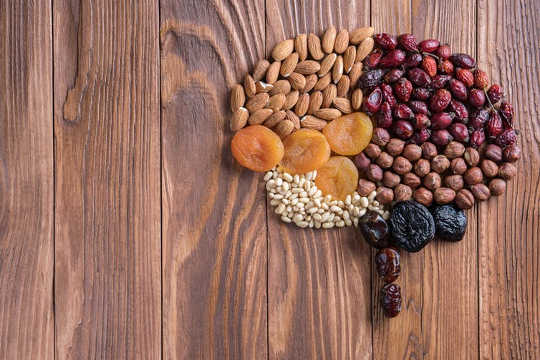
We all know eating “healthy” food is good for our physical health and can decrease our risk of developing diabetes, cancer, obesity and heart disease. What is not as well known is that eating healthy food is also good for our mental health and can decrease our risk of depression and anxiety.
 No matter how much we try to minimise our exposure to respiratory viruses, it’s far more difficult in winter when we spend so much time in close proximity to other people.
No matter how much we try to minimise our exposure to respiratory viruses, it’s far more difficult in winter when we spend so much time in close proximity to other people.
- By Greta Guest
 Leftovers may be throwing off your sense of how much you’ve actually eaten and how much you need to exercise, particularly as portion sizes—and therefore leftover portions—increase, according to a new study.
Leftovers may be throwing off your sense of how much you’ve actually eaten and how much you need to exercise, particularly as portion sizes—and therefore leftover portions—increase, according to a new study.

The brain has no nociceptors – the nerves that detect damage or threat of damage to our body and signal this to the spinal cord and brain. This has led to the belief that the brain feels no pain. A belief that has entered popular culture.
In the 2001 movie Hannibal, there is a gut-twisting scene in which the eponymous Hannibal Lecter cuts out part of the brain of an FBI agent who is fully awake, though drugged, and seated at a dinner table.
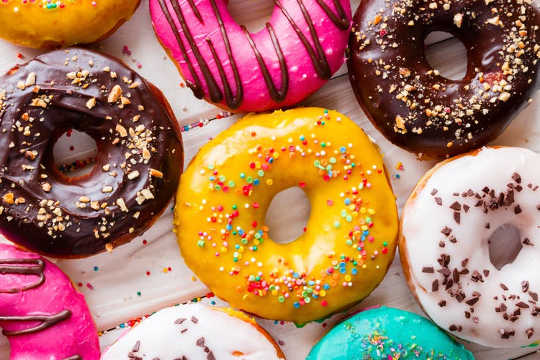
Worldwide obesity has tripled since 1975, with 1.9 billion adults considered overweight. The condition now kills more people across the globe than underweight and malnutrition.
One of the NHS’s biggest cost burdens, a staggering 70% of UK adults are expected to have overweight or obesity by 2034. Obesity is a problem of energy balance.
















